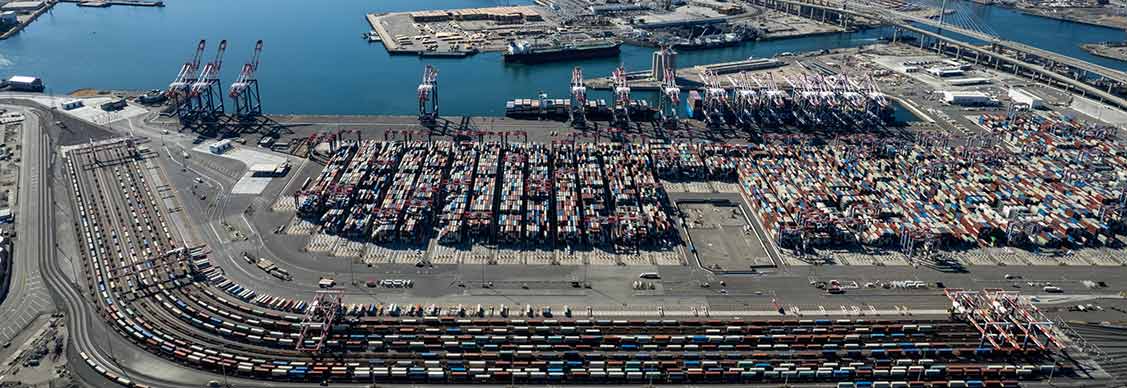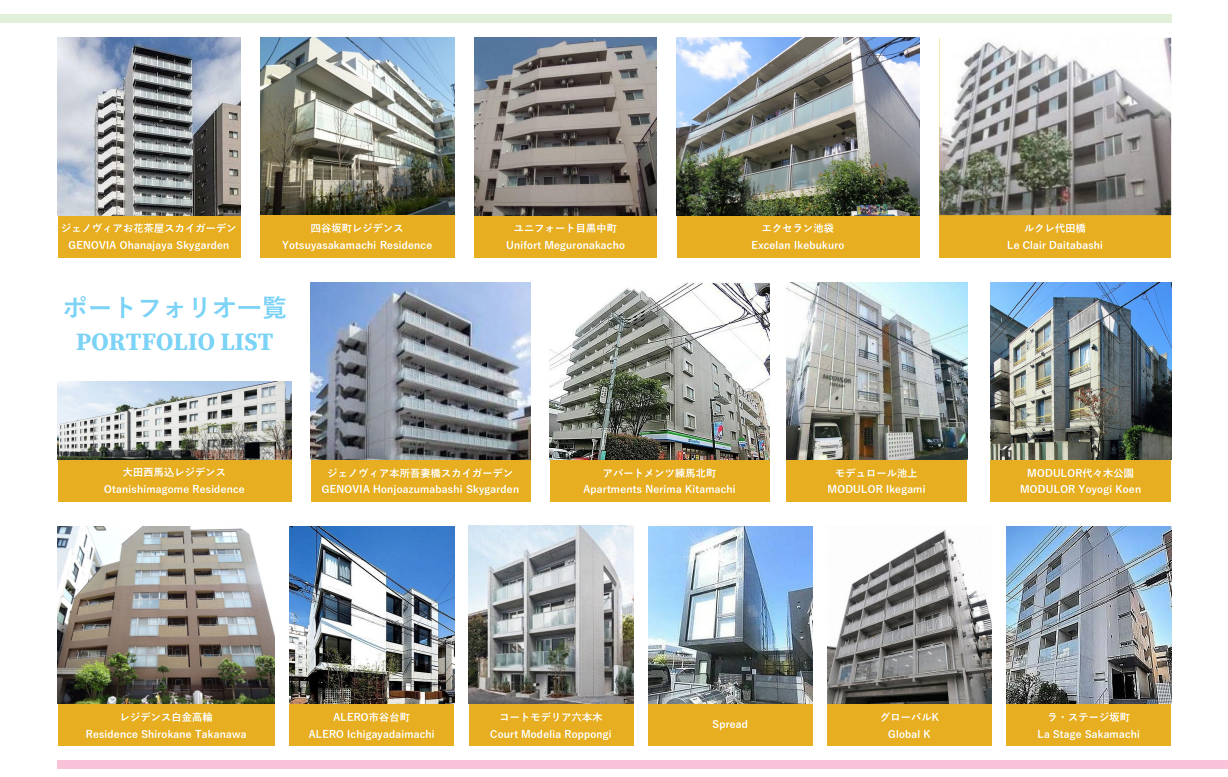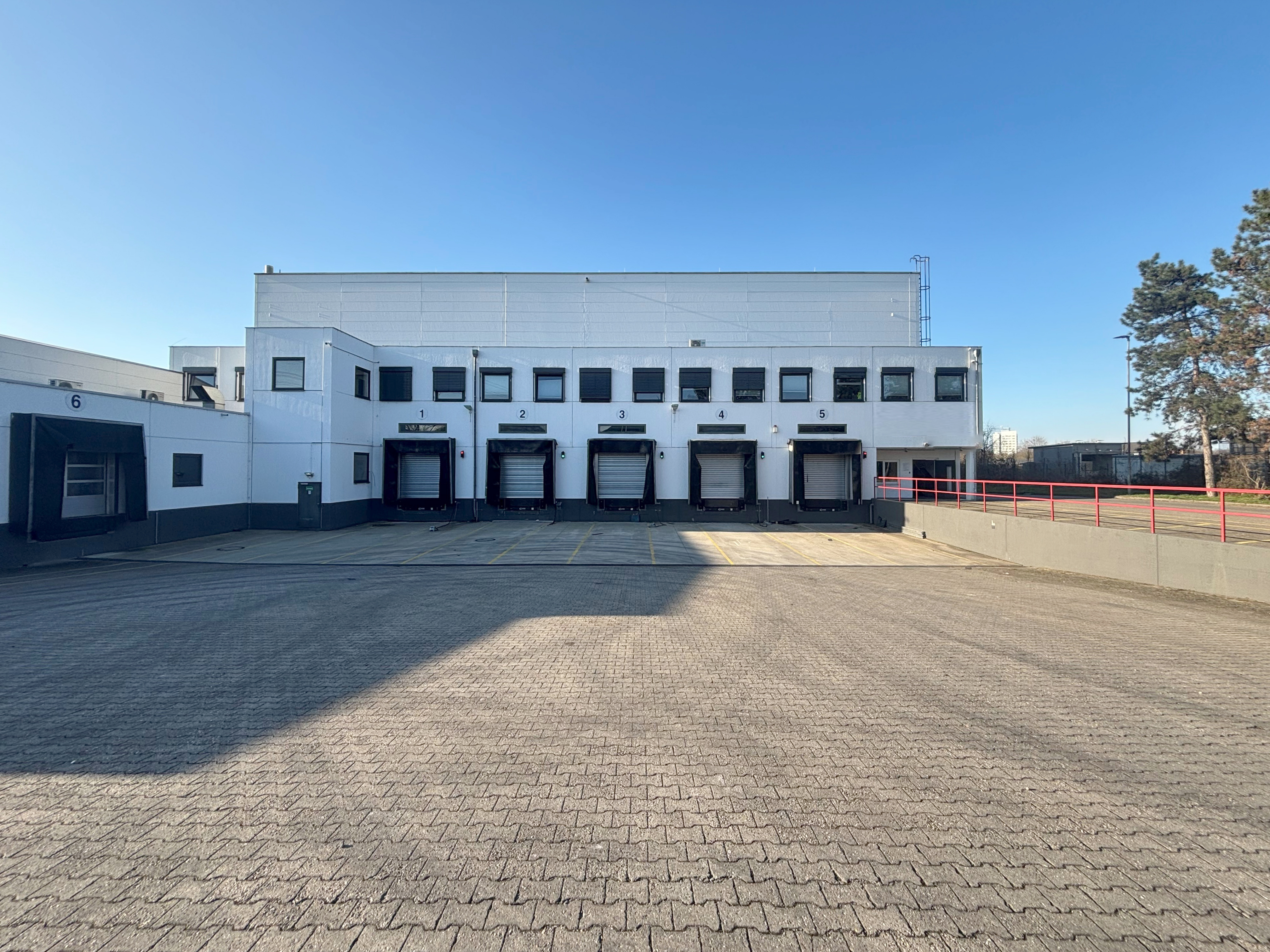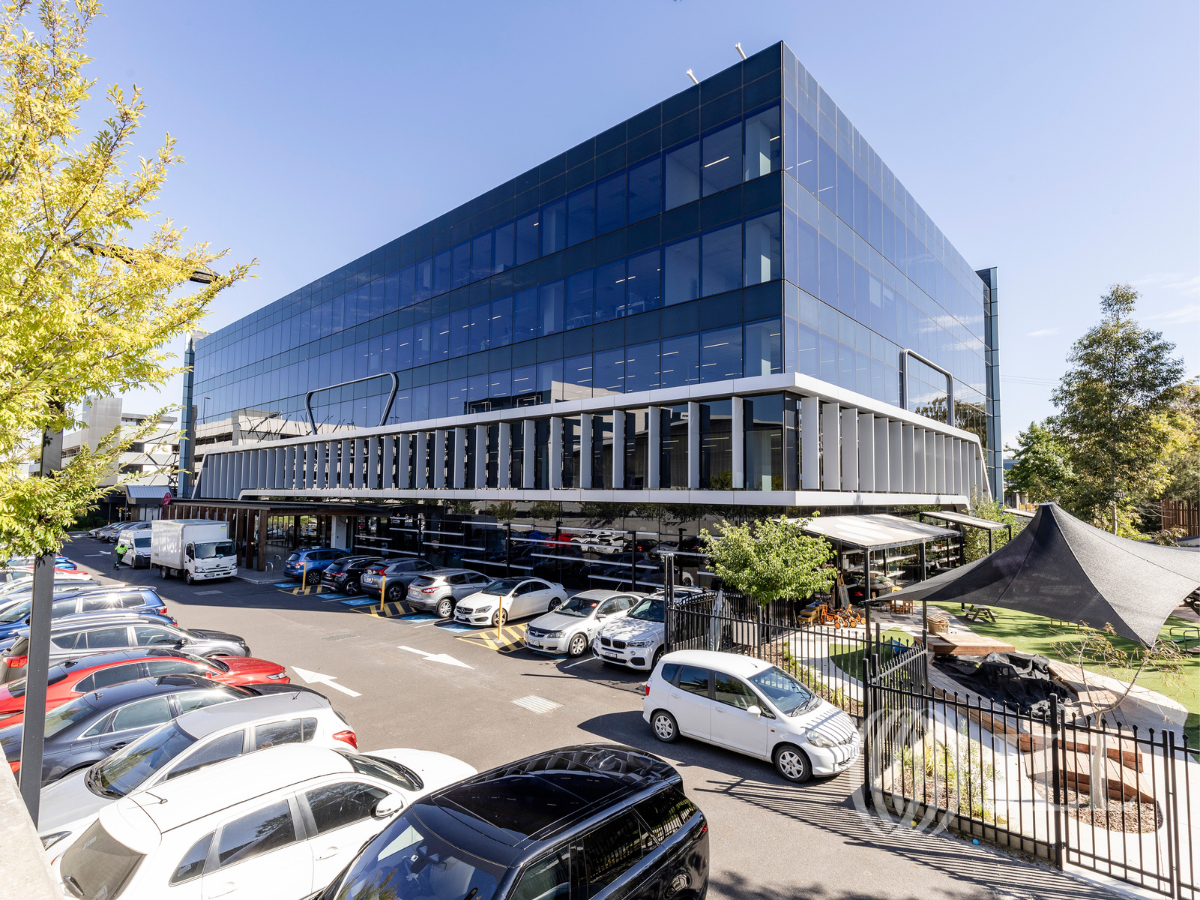Larger shopping budgets amid a holiday of shortages
Retail and industrial properties encounter labor shortages and “revenge shopping”
- Hannah Levine
With a record 100 ships waiting to dock and unload outside the Port of Los Angeles, President Biden’s recent announcement that the port would operate 24/7 came as welcome news to those anxiously looking ahead to a busy holiday season.
It’s the latest in an ongoing saga of disruptions in the global supply chain that began during the pandemic. That includes record demand for industrial warehouse space, which began pre-pandemic and gets more intense by the day. And then there’s the issue of labor. Dock workers, truck drivers and even retail clerks are all in short supply. With what is expected to be the busiest quarter since the pandemic began, disruptions could drive industrial rents even higher, and leave retailers scrambling.
“We’re looking at a huge jump in shopper demand this holiday season,” says James Cook, JLL’s Americas Director of Research in Retail. “There are fears now that supply issues will mean bare shelves.”
There’s not enough space
Industrial real estate developers are trying to keep pace with the explosion of online shopping. But while inventory has grown substantially across the U.S., in many markets, there isn’t much more land on which to build. U.S. vacancy has hit an all-time low at 4.3%, according to Mehtab Randhawa, Senior Director, Industrial Research, JLL.
This has driven industrial rents sky high.
Large big box retailers are better positioned to absorb the shock of supply chain issues that result in these product shortages at the worst possible time. Some of them, including Target, are chartering their own cargo ships and stockpiling goods ahead of the holidays, creating additional demand for warehousing.
“Big box retailers will come out of this with more market share,” Cook says.
Looking for more insights? Never miss an update.
The latest news, insights and opportunities from global commercial real estate markets straight to your inbox.
The squeeze
The supply shortage is the result of cascading factors driven by the pandemic. Factories have been plagued by repeated shutdowns due to Covid-19 outbreaks. Cargo ships and containers aren’t where they should be. Goods have stacked up at ports.
At the biggest ports, like the port of Los Angeles in Long Beach, CA, ships wait as long as three weeks to unload goods. Once they do arrive and unload, there’s still the issue of the ongoing labor shortage: not enough truck drivers or train operators.
And the labor shortage doesn’t stop there. A lack of retail workers has put the squeeze on businesses hoping to keep up with increased holiday traffic. Warehouses face a shortage of workers too, but less so since some retail workers are switching over due to higher pay and incentives.
“It has been an in-store issue to get store associates because of the competition from big box warehouses,” Cook says. “Warehouses pay wages typically higher than in store associate jobs.”
Investment Opportunities
Revenge shopping
“Revenge shopping,” the phenomenon where consumers make up for lost time with increased spending, is expected to boost holiday shopping budgets, according to JLL research.
“It’s a 25% increase over last year,” Cook says. “It’s almost back to 2019 levels.”
Shoppers report plans to budget $870 per person this season. That number dropped to $694 in 2020, driven by pandemic-related factors. But the increasing cost of consumer goods may mean they get less for their money.
“But the increased spending potential has lifted the spirits of retailers. “The stakes are high during the holidays because that’s when retailers really make their profits,” says Cook.
Contact Hannah Levine
What’s your investment ambition?
Uncover opportunities and capital sources all over the world and discover how we can help you achieve your investment goals.




